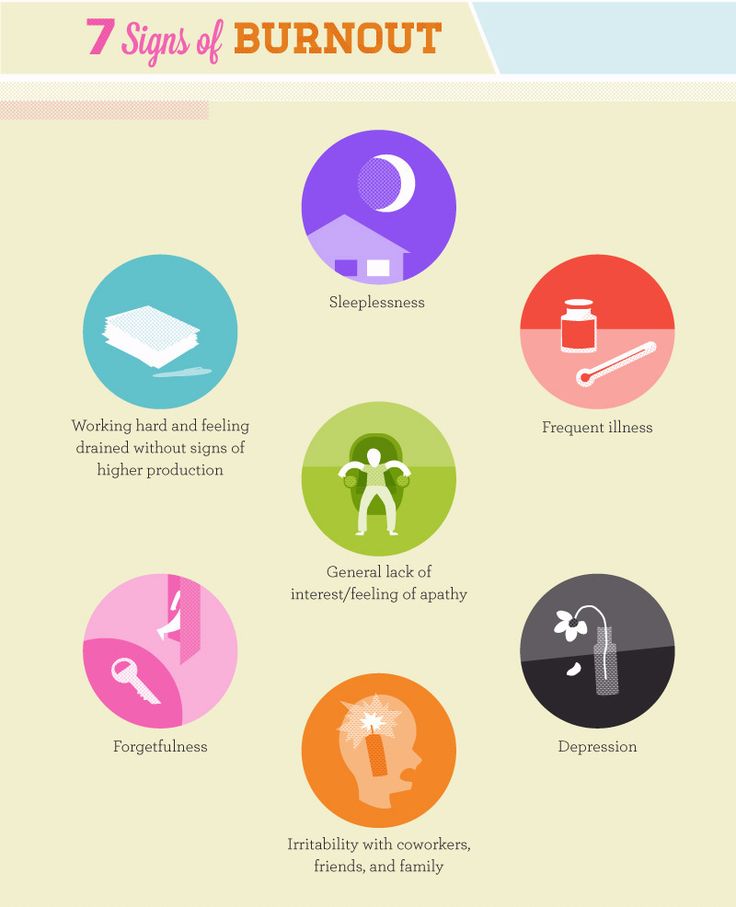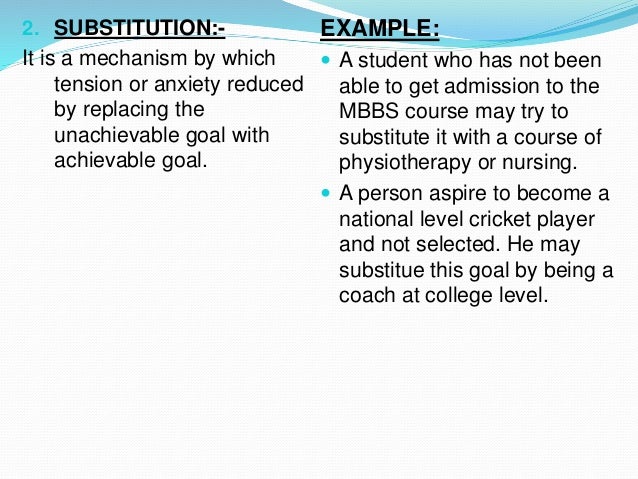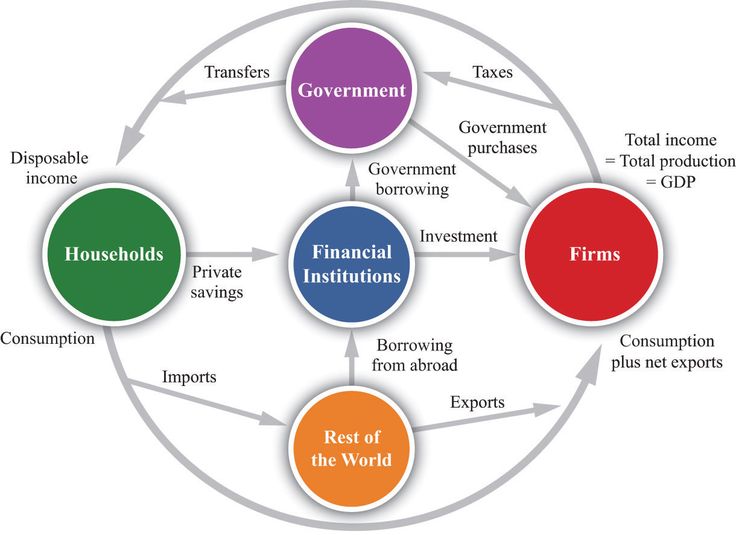A fulfilling career
How You Can Have A Fulfilling Career - 10 Scientific Steps
***
Before we commence with the festivities, I wanted to thank everyone for helping my first book become a Wall Street Journal bestseller. To check it out, click here.
***
Is your job not really doing it for you? Doesn’t have everything you need to feel satisfied, challenged and proud?
Or are you job-hunting but the options don’t seem that appealing?
You’re not alone. In fact, it’s an epidemic.
Job satisfaction is at its lowest rate since anyone started measuring it and nearly two-thirds of people would choose another career if they could.
Via How to Find Fulfilling Work:
One cross-European study showed that 60 per cent of workers would choose a different career if they could start again. In the United States, job satisfaction is at its lowest level – 45 per cent – since record-keeping began over two decades ago.
![]()
We’re not satisfied with our jobs but we feel more and more rushed, craving work-life balance.
You know the Spanish “siesta”? It’s nearly extinct. Only 7% of Spaniards take one. We’re all just too busy.
Via How Should We Live?:
Around a quarter of Americans ‘always feel rushed’ according to a national survey, a figure which rises to over 40 percent for working mothers. In Britain 20 percent of workers say they don’t have time for a lunch break, while the siesta has almost disappeared from Spanish life: only 7 percent now indulge in the traditional afternoon nap.
But the funny thing is when you ask older folks for the most important lesson they’ve learned, what do they say? “Don’t stay in a job you dislike.”
In the Harvard Business Review Daniel Gulati broke down the top career regrets people have. #2 was “I wish I had quit earlier.”
In fact, people with no job are happier than people with a lousy job:
But we’re not getting much help. Personality tests like Myers-Briggs are supposed to predict your perfect career. Problem is, that test doesn’t work.
Personality tests like Myers-Briggs are supposed to predict your perfect career. Problem is, that test doesn’t work.
Via How to Find Fulfilling Work:
…there is ‘no evidence to show a positive relation between MBTI type and success within an occupation… nor is there any data to suggest that specific types are more satisfied within specific occupations than are other types’.
Wouldn’t it be great to have someone ask “What do you do?” and be able to reply with a smile because you feel so good about it?
There are fulfilling careers out there and you can get one. But first you need to know what makes jobs fulfilling and how to find the right one for you.
As Mark Twain said, “It ain’t what you don’t know that gets you into trouble. It’s what you know for sure that just ain’t so.”
So let’s dispel a few myths you might have about meaningful careers.
1) Money Isn’t Meaningful
Plenty of research says money doesn’t make us all that happy once you can pay the bills. I know, you’re skeptical.
I know, you’re skeptical.
But you don’t need to believe the pointy-headed researchers; ask people about their jobs and you hear the same thing.
Via How to Find Fulfilling Work:
…when people are asked about what gives them job satisfaction, they rarely place money at the top of the list. In the Mercer global-engagement scale – drawing on interviews with thousands of workers in Europe, the US, China, Japan and India – ‘base pay’ only comes in at number seven out of twelve key factors.
Having meaning in your life increases life satisfaction twice as much as wealth.
Via 100 Simple Secrets of the Best Half of Life:
Those with a modest income who felt there was meaning in their lives were twice as likely to experience life satisfaction as were those who were wealthier but who felt that their lives lacked a sense of meaning. – Debats 1999
Can you guess what Harvard Business Review says is the #1 career regret? “I wish I hadn’t taken the job for the money. ”
”
Despite low pay and high unemployment artists have higher job satisfaction than most people.
In fact, artists are more likely to suffer from depression and other mood problems — and yet they’re still happier with their careers.
(To learn more about the science of a successful life, check out my bestselling book here.)
So money isn’t meaningful. What about prestige? Well, one kind is, the other kind isn’t.
2) Status Isn’t Meaningful — But Respect Is
Being in a top dog profession is nice but you don’t get meaning from it.
What you need is respect — where people appreciate what you do and admire you for it.
Don’t be the head of the hospital; be the nurse who doctors ask for and patients trust.
Via How to Find Fulfilling Work:
While most of us wish to enjoy a dose of social status, the feeling that we are respected by others for what we do and how we do it is one of the keys to having a meaningful career.
As the sociologist of work Richard Sennett explains, respect enables us to feel like ‘a full human being whose presence matters’.
People are so busy looking at compensation they don’t think about the relationships they have at work. Research shows this is crazy.
A boss you trust is better than a 30% pay raise. Getting along with co-workers means promotions — and might save your life.
(For more on work-life balance, click here.)
Okay, okay — so chasing money and status doesn’t lead to a meaningful career. What does?
3) Making A Difference Makes A Big Difference
People who do work that benefits society show high levels of job satisfaction across the board.
Via How to Find Fulfilling Work:
A major study of ethical work by Howard Gardner, Mihaly Csikszentmihalyi and William Damon showed that those doing what they call ‘good work’ – defined as ‘work of expert quality that benefits the broader society’ – consistently exhibit high levels of job satisfaction.
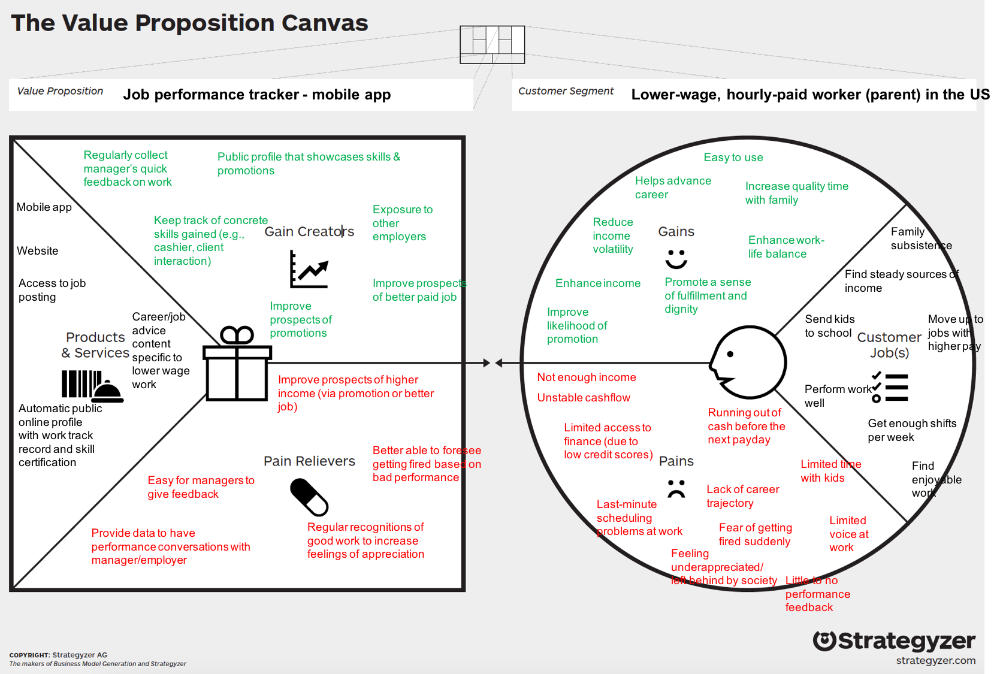
When you look at some of the happiest jobs do you see a pattern? Clergy, firefighters, special ed teachers, physical therapists… They help people.
Research shows those who are other-focused are happier.
Via Shiny Objects: Why We Spend Money We Don’t Have in Search of Happiness We Can’t Buy:
Researchers have: they’ve found that happy people are ten times more likely to be other-oriented than self-centered. This suggests that happiness is a by-product of helping others rather than the result of its pursuit.
(For more on a career that makes a difference, click here.)
Making a difference might involve a huge career change. Is there any way to find more fulfillment in the job you already have? Yes.
4) Use Your Talents
Aristotle once said, “Where the needs of the world and your talents cross, there lies your vocation.” He was way ahead of his time.
One of the most proven elements in work research is that using your strengths makes you feel great:
Americans also gain a boost in positive emotions the more they use their strengths.
The more hours per day adults believe they use their strengths, the more likely they are to report having ample energy, feeling well-rested, being happy, smiling or laughing a lot, learning something interesting, and being treated with respect.
(To find out what you’re naturally talented at, click here.)
But maybe you don’t like doing what you’re good at. What then?
5) Pursue Your Passion
Doing what you’re passionate about has wide-ranging positive benefits.
Via Ungifted: Intelligence Redefined:
Elderly individuals who were harmoniously passionate scored higher on various indicators of psychological adjustment, such as life satisfaction, meaning in life, and vitality, while they reported lower levels of negative indicators of psychological adjustment such as anxiety and depression.
Cal Newport points out a weakness in the “follow your passion” argument: most people’s passions are quite difficult to make a living at.
What’s interesting is that most often it is passion that leads us to “10,000 hours” of deliberate practice and subsequent expertise.
Via Ungifted: Intelligence Redefined:
The researchers also looked at the role of passion among 130 undergraduate students enrolled in a selective psychology course. They found a direct path from harmonious passion to deliberate practice: the students who were more harmoniously passionate about their work were more likely to engage in deliberate practice.
So following your passion and working hard may eventually make you great at what you love — leading you back to step 3.
(For more on finding your passion in life, click here.)
So when you use your talents or pursue your passion what is it you’re hoping to achieve? How do you know a job is the right one?
6) Find Flow
Flow is when you’re so wrapped up in what you’re doing that the world fades away — like when athletes are in “the zone.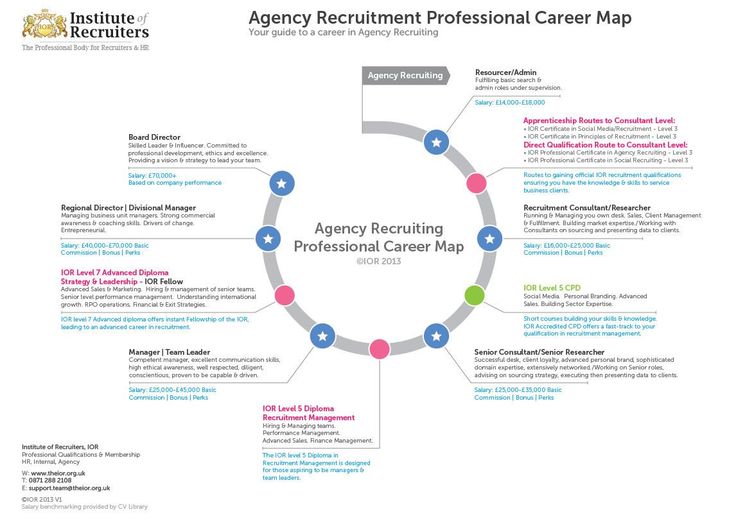 ”
”
If you find a job where you’re spending most of your time in “flow”, you’ve got a winner.
Via How to Find Fulfilling Work:
In a typical flow experience, we feel totally engaged in the present, and future and past tend to fade away – almost as if we were doing Buddhist meditation. In his renowned study of surgeons, Csikszentmihalyi found that when performing operations, 80 per cent of them lose track of time or feel that it passes much faster than usual. They’re in the zone.
(For more on flow, and how to achieve it, click here.)
Being “in the zone” is great. What else screams “this is a fulfilling job”?
7) We All Want Freedom
Autonomy is one of the keys to a great job. You want to feel you have control over your time and effort and aren’t always told what to do.
Via How to Find Fulfilling Work:
For decades, industrial psychologists have observed that job satisfaction is directly related to ‘span of autonomy’, meaning the amount of each day during which workers feel free to make their own decisions.

Dan Pink, author of Drive: The Surprising Truth About What Motivates Us, emphasizes the need for autonomy in his TED talk:
So what have we learned about fulfilling careers?
They aren’t about money or status but offer respect and the chance to use your talents and follow your passion with autonomy.
I know what you’re thinking: Great. Now how do I find that job?
8) Stop Looking For Your Soulmate
There is no one perfect job you were meant to do.
There are many “yous” with many passions and many talents and therefore many jobs you could be fulfilled by.
Thinking about what you were “born to do” gets in the way because you’re waiting for some magic “click” and not busy developing skills.
How often does natural talent control what you can achieve in everyday life? In ~95% of cases, it doesn’t.
Via Mindset: The New Psychology of Success:
“After forty years of intensive research on school learning in the United States as well as abroad, my major conclusion is: What any person in the world can learn, almost all persons can learn, if provided with the appropriate prior and current conditions of learning.
” He’s not counting the 2 to 3 percent of children who have severe impairments, and he’s not counting the top 1 to 2 percent of children at the other extreme… He is counting everybody else.
(For more on what the most successful people all have in common, click here.)
So you’re not fixated on some “perfect” job. How do you find the one that’s right for you?
9) Use A “Personal Job Advertisement”
In How to Find Fulfilling Work, Roman Krznaric recommends writing a job advertisement — but what you’re selling is you.
Talk about your talents, passions, values and personal qualities.
Don’t mention specific jobs but do include important things like salary requirements or geographic restrictions.
Then send it to 10 friends in different careers, from different walks of life. Ask them to tell you what jobs you are best suited for.
When people independently mention the same job, or there’s a trend, you know that’s an area worth further exploration.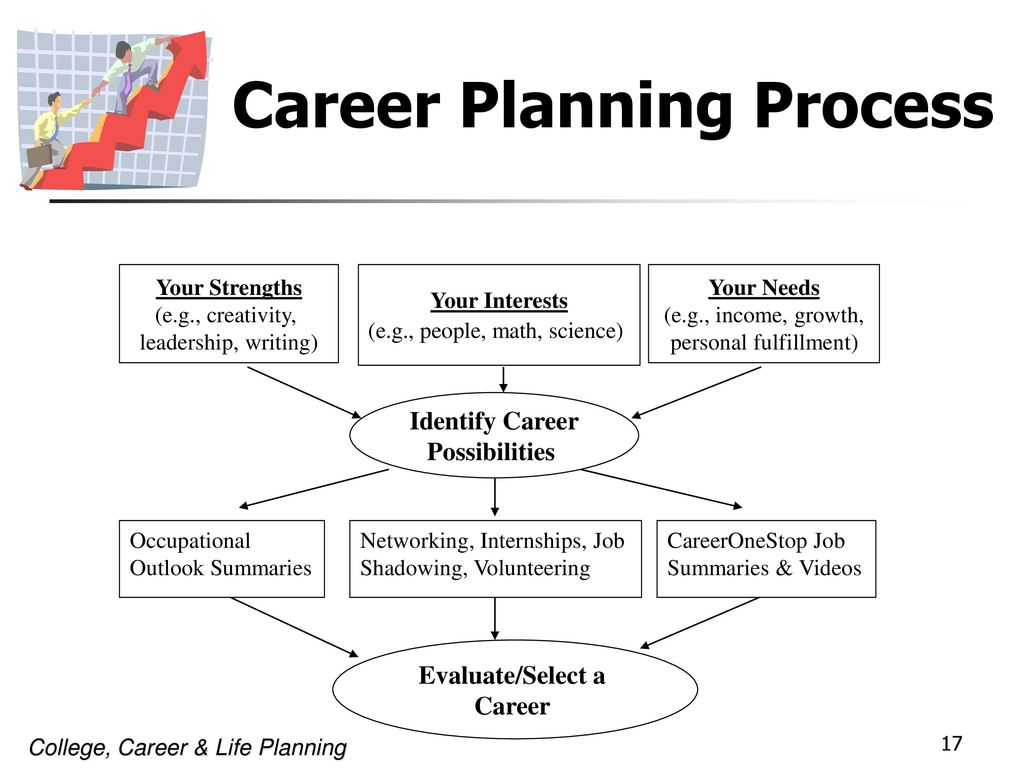
(For more on how to find out what career is right for you, click here.)
Okay, but now how can you be sure they know what they’re talking about? There’s really only one way.
10) Ready, Fire, Aim
Here’s something you rarely hear: “Do not plan ahead. Do not start thinking.” Because you don’t know anything yet.
The problem with careers is when we make the decisions, we rarely know much about the thing we’re choosing.
35% of college graduates end up in a job that was not their major. Planning sounds good but as the old saying goes: “The map is not the territory.”
Ever talk to a cop or a lawyer and learn their job is not like it looks on TV? Exactly.
It’d be great if you could go try a bunch of different jobs for a month each. But that’s just not realistic for most of us.
So you need to talk to people, the people who are doing the job you think you want.
Via How to Find Fulfilling Work:
A final form of experimental project is conversational research.
Perhaps less daunting than a radical sabbatical or a branching project, it can be just as effective. It simply requires talking to people from different walks of life who are engaged in the types of work you might imagine doing.
Is the job what you expected? Did they sound energized about it? Did it offer respect, use of your talents, passions and provide autonomy?
If the answer is no, keep looking. If it’s yes, and it fits everything else above, you’re probably onto a career that could be perfect for you.
(Here’s how to network, how to find a mentor and how to interview like a pro.)
So what’s all this mean in the end?
Sum Up
Here are the steps to finding a fulfilling career:
- Money Isn’t Meaningful
- Status Isn’t Meaningful — But Respect Is
- Making A Difference Makes A Big Difference
- Use Your Talents
- Pursue Your Passion
- Find Flow
- We All Want Freedom
- Stop Looking For Your Soulmate
- Use A “Personal Job Advertisement”
- Ready, Fire, Aim
Dostoyevsky once said:
The thought once occurred to me that if one wanted to crush and destroy a man entirely, to mete out to him the most terrible punishment, one at which the most fearsome murderer would tremble, shrinking from it in advance, all one would have to do would be to make him do work that was completely and utterly devoid of usefulness and meaning.

And guess what? Research by Duke professor Dan Ariely, author of Predictably Irrational, agrees:
In the end, I see it like this: You’re going to spend 80,000 hours working over the course of your life.
Yeah. 80,000.
Might be nice if you enjoyed it.
Join over 320,000 readers and get a free weekly update via email here.
Related posts:
How To Be Resilient: 8 Steps To Success When Life Gets Hard
What 10 things should you do every day to improve your life?
How To Make Your Life Better By Sending Five Simple Emails
How to Choose a Fulfilling Career
Editor’s Note: “How to Build a Life” is a biweekly column by Arthur Brooks, tackling questions of meaning and happiness.
My oldest son graduates from college this month. Graduation is a leap into uncertainty even during ordinary times, and COVID-19 times are far from ordinary.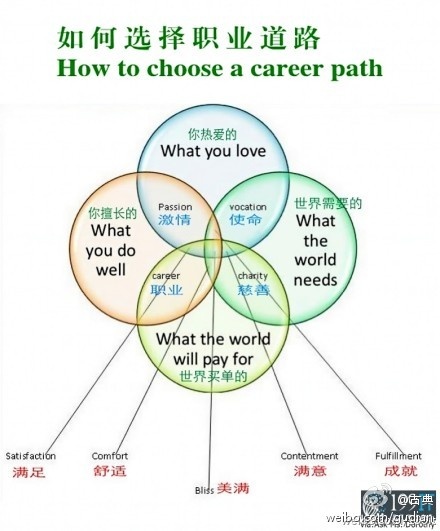 It’s a scary moment to be heading out into the world. But my advice to my son—and to all graduates—remains the same as it would have been without a pandemic: Find your marshmallow.
It’s a scary moment to be heading out into the world. But my advice to my son—and to all graduates—remains the same as it would have been without a pandemic: Find your marshmallow.
Maybe that sounds like some groovy ’60s code language for dropping acid or joining a commune, but it’s actually just a nod to a classic social-science experiment. In 1972, the Stanford University social psychologist Walter Mischel undertook a psychology experiment involving preschool kids and a bag of marshmallows. He would sit across the table from each child, take out a marshmallow, and ask, “Do you want it?” Obviously, they did. He told them it was theirs—but there was a catch. He was going to leave the room for 15 minutes. The child could eat the marshmallow while he was gone, if he or she wanted. But when the researcher came back in, if the first marshmallow was still there, the child would get a second one.
Mischel found that a majority of the kids couldn’t wait, and gobbled up the marshmallow when he left the room.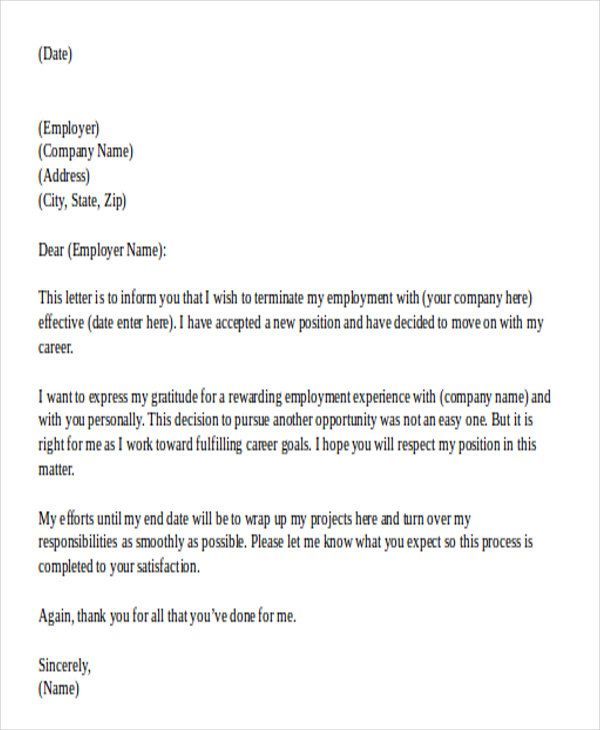 He followed up on the children in the study, and found that those who were able to delay their gratification found greater success as they grew up: They were healthier, happier, and scored higher on their SATs than the kids who had eaten the marshmallow.
He followed up on the children in the study, and found that those who were able to delay their gratification found greater success as they grew up: They were healthier, happier, and scored higher on their SATs than the kids who had eaten the marshmallow.
In the years that followed, other researchers pointed out that Mischel’s results were about far more than just willpower; they also involved a child’s family background, socioeconomic circumstances, and other factors. But the implication remained: Good things come to those who wait—and work, and sacrifice, and maybe even suffer.
The question for today’s graduates is not whether they could have passed Mischel’s marshmallow test; they just passed their own version of it by working and sacrificing to get their diplomas. The question is: What exactly is your marshmallow? Do you know what you sacrificed and suffered for? Do you have a professional calling that is worth having deferred your consumption and gratification all these years?
If you are scratching your head, don’t despair—you don’t have to find an answer immediately. Here, I offer four rules to keep in mind to guide your quest.
Here, I offer four rules to keep in mind to guide your quest.
Want to stay current with Arthur's writing? Sign up to get an email every time a new column comes out.
Rule 1. The work has to be the reward.
One of the biggest mistakes people make in their careers is to treat work primarily as a means to an end. Whether that end is money, power, or prestige, this instrumentalization of work leads to unhappiness. The psychologist Elliott Jaques—famous for inventing the term midlife crisis— once quoted a middle-aged patient as saying, “Up till now, life has seemed an endless upward slope, with nothing but the distant horizon in view. Now suddenly I seem to have reached the crest of the hill, and there stretching ahead is the downward slope with the end of the road in sight.” Later, he admitted that he himself was this “patient,” and this was his own lament. He had worked away for years in his career to get some fabulous reward, and then realized that there wasn’t much reward ahead at all, just aging and death.
When your career is just a means to an end, the payoff, even if you get it, will be unsatisfying. Don’t make that mistake. Your work won’t give you joy and fulfillment every day, of course. Some days it will feel pretty unsatisfying. But with the right goals—earning your success and serving others—you can make the work itself your reward.
Rule 2. An interesting career is better than a fun career.Over the years, I have endured many graduation ceremonies (although I’m sad that my son’s was canceled), and have observed that there are two basic types of speeches from commencement speakers. The first can be summarized as “Go find your purpose.” The second is “Find work you love and you’ll never work a day in your life.” Which one is better advice? Should graduates seek purpose or fun?
A group of German and American scholars sought to answer this question in 2017. They created what they called the “Work Passion Pursuit Questionnaire,” comparing the job satisfaction of people whose primary work goal was enjoyment with those whose primary goal was finding meaning in their work. Across 1,357 people in their sample, the researchers found that enjoyment seekers had less passion for their work and changed jobs more frequently than meaning seekers.
Across 1,357 people in their sample, the researchers found that enjoyment seekers had less passion for their work and changed jobs more frequently than meaning seekers.
This is just an example of the age-old debate over two kinds of happiness that scholars refer to as hedonia and eudaimonia. Hedonia is about feeling good; eudaimonia is about living a purpose-filled life. In truth, we need both. Hedonia without eudaimonia devolves into empty pleasure; eudaimonia without hedonia can become dry. In the quest for the professional marshmallow, I think we should seek work that is a balance of enjoyable and meaningful.
At the nexus of enjoyable and meaningful is interesting. Interest is considered by many neuroscientists to be a positive primary emotion, processed in the limbic system of the brain. Something that truly interests you is intensely pleasurable; it also must have meaning in order to hold your interest. Thus, “Is this work deeply interesting to me?” is a helpful litmus test of whether a job could be or could lead to your marshmallow.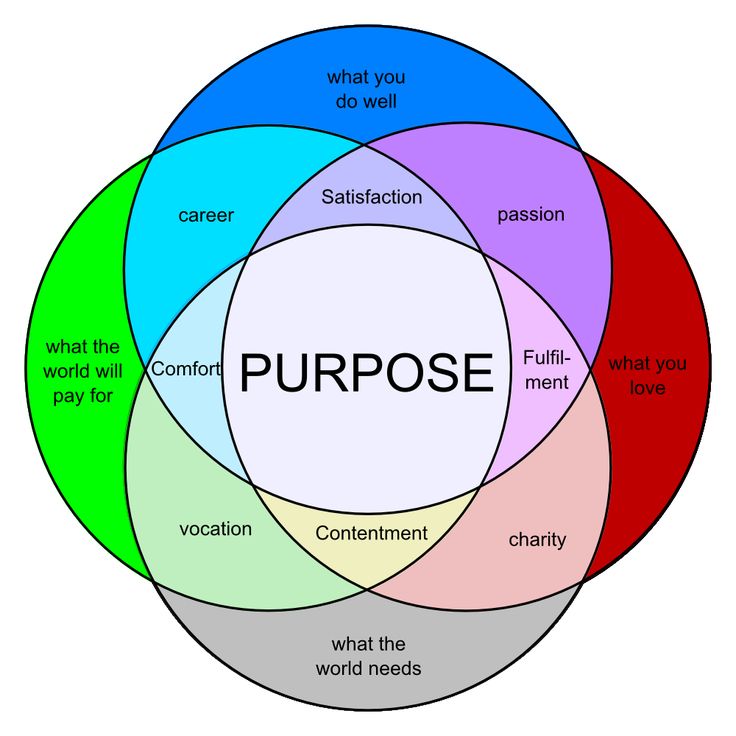
Young people today—especially those currently in college and graduate school—have grown up in a culture that worships entrepreneurial success. Vast fortunes have accrued to tech start-up founders in their 20s, and those founders come with a certain mythology. Whether it’s true or not, the entrepreneur is often depicted as having a single abiding passion for which he or she is willing to pay any personal price. Their enormous worldly rewards are portrayed as the ultimate marshmallow.
But this model doesn’t describe how many—perhaps most—happy, fulfilled people have survived and thrived. Scholars at the University of Southern California have studied career patterns and come up with four broad categories. The first are linear careers, which climb steadily upward, with everything building on everything else. The concept of the “corporate ladder” is a very linear one. This is also the model of the billionaire entrepreneur.
But it isn’t the only career model: There are three others. Steady-state careers involve staying at one job and growing in expertise. Transitory careers are ones in which people jump from job to job or even field to field, looking for new challenges. Spiral careers, the last category, are more like a series of mini careers—people spend many years developing in a profession, then shift fields seeking not just for novelty, but for work that builds on the skills of their previous mini careers.
So, which one is best? That depends on you: your tastes, your personality, and your goals. If you crave a super-linear career, that’s okay. Personally, it wasn’t for me. My own career has spiraled more than a pass from Tom Brady. This includes 12 years as a professional classical musician, a decade as a professor, 10 years as president of a Washington, D.C., think tank, and now back to speaking, writing, and teaching. My marshmallow wasn’t any of the specific jobs I’ve held, but rather the professional adventures I have enjoyed, the skills I have gained, and the people who have touched my life.
People often ask why I left the music business.
I had been a serious classical musician since the age of nine, and aspired to be the best French horn player in the world. I went pro at 19, played music I loved, and made a living. But something was never right: I wasn’t very happy. I suffered when I was playing, because I felt I was never good enough. I suffered when I wasn’t playing, because I felt guilty about not practicing. I prioritized music over all of my human relationships.
In retrospect, my love for music was obsessive, and that was the problem. In 2003, Canadian researchers studied 900 people engaged in different activities about which they were passionate, including their jobs. Those with what they called “harmonious passion” for their activity experienced positive mood, good concentration, and a “flow state” while doing it. But they also felt fine when they weren’t engaged in the activity. In contrast, “obsessive passion,” while also characterized by intense interest, featured negative mood and poor concentration during the activity, as well as unhappiness when not engaged in the activity.
Work is kind of like romantic love in this way. Almost everyone reading these words has had an unhealthy relationship or two. What many unhealthy relationships have in common is obsessive passion: a need to be together, but unhappily so. Obsessive passion brings out the worst in us. In contrast, healthy relationships generate harmonious passion, characterized by happiness and mutual improvement as people.
This rule refines Rule 3. Yes, look for something in which you are intensely interested. But go further and ask, “Is my interest obsessive, or harmonious? Does this job or career bring out the best in me? Does it make me a happier, better person, or, in pursuing it, am I neglecting other important things life has to offer?”
In sum, this is my advice to my son and all his fellow graduates: You’ve passed the first marshmallow test—you worked, sacrificed, and graduated. Congratulations. But there’s another test that awaits, which is to figure out precisely what your marshmallow is. As you search for it, remember that it might not be what you thought at first, nor what the world is telling you.
As you search for it, remember that it might not be what you thought at first, nor what the world is telling you.
Successful career: hard work or luck?
Vslukh.ru
News
Money
Money
Vslukh.ru
June 2, 2011, 06:40 turn hard work. "There is a good saying: "You can't pull a fish out of a pond without effort." (52%) agree that success in a career is first of all hard work. "There is a good saying:" Without work you cannot pull a fish out of the pond. "You need to be confident on your feet and boldly think about tomorrow!"; " Luck is the loser's hope!" - say the respondents, some of whom, however, specify that any hard worker who wants to make a career will not be hurt by a “drop of luck.” 38% of our fellow citizens are convinced that luck plays a primary role in a career: “I know many, who works very long and hard, but doesn’t move up the career ladder. So, without luck, you can’t go anywhere." At the same time, many people also mean useful acquaintances by luck: only 40% is work". It is curious that the main thing for a successful career is "to be in the right place at the right time", men are more likely to believe (42% versus 34% among women). Women, as a rule, think that professional success is primarily work (57% versus 47% among men). Another interesting trend is that middle-aged and older respondents more often believe that career success depends more on luck, while young people insist on the primacy of hard work and self-improvement .zatru 10% of Russians took the day to answer the question: “A lot depends on the profession. Yes, and from the person himself too. Someone takes perseverance and work, preferring "slowly but surely", while someone takes risks and remains in the win"; “One without the other is impossible.” The survey was conducted in Russia 18-19May among 2000 respondents.
It is curious that the main thing for a successful career is "to be in the right place at the right time", men are more likely to believe (42% versus 34% among women). Women, as a rule, think that professional success is primarily work (57% versus 47% among men). Another interesting trend is that middle-aged and older respondents more often believe that career success depends more on luck, while young people insist on the primacy of hard work and self-improvement .zatru 10% of Russians took the day to answer the question: “A lot depends on the profession. Yes, and from the person himself too. Someone takes perseverance and work, preferring "slowly but surely", while someone takes risks and remains in the win"; “One without the other is impossible.” The survey was conducted in Russia 18-19May among 2000 respondents.
Uncomfortable on the site? Read the most interesting in Telegram and the most useful in Vk.
Latest news
Vsluh.ru
The Tyumen region became the winner of the "Russian Travel Awards"
Today the final was held in St. Petersburg.
Petersburg.
#Maria Trofimova
#Tyumen region
#tourism
#victory
#Tyumen news
Vsluh.ru
Feb 17, 9:29 pm
In Tyumen, the 68th minibus will stop at the City Mall shopping center: scheme
The route to the city will be changed from February 25th.
#tyumengortrans
#transport
#minibus
#Tyumen
#Tyumen news
Vsluh.ru
February 17, 20:53
Tyumenka gave fictitious registration to 89 foreigners
She will be judged, and the money earned will be taken away.
#court
#prosecutor's office
#migrants
#registration
#Tyumen
#Tyumen news
Vsluh.ru
February 17, 20:12
A 90-year-old groom and an 85-year-old bride were married in the Tyumen region
In 2022, there were about a hundred newlyweds in the region.
#wedding
#registry office
#pensioners
#Tyumen
#Tyumen news
Vsluh.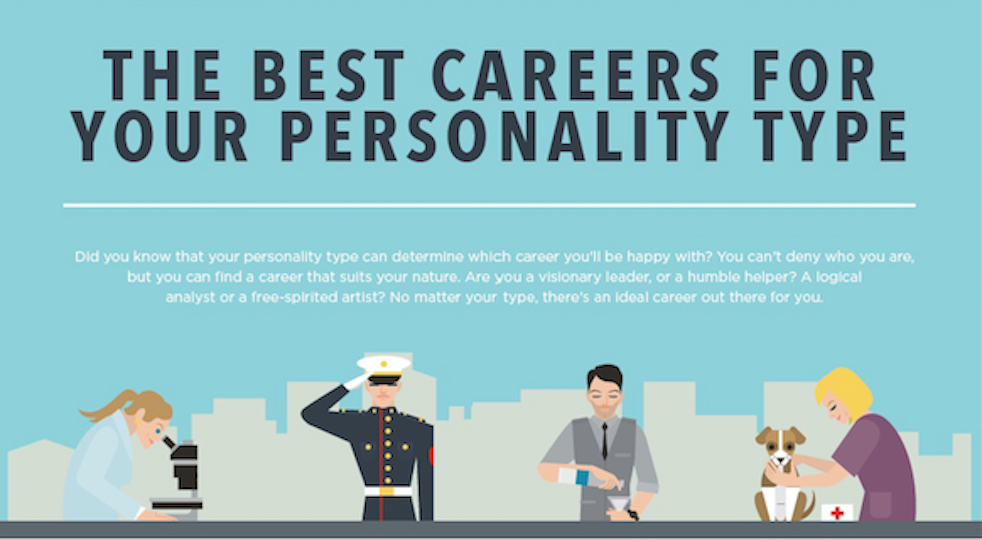 ru
ru
February 17, 7:31 pm
In Tyumen, a lawyer was sent to prison for 7 years for trying to sell drugs
He will have to serve time in a strict regime colony.
#drugs
#prosecution
#court
#Tyumen
#Tyumen news
What the old Tyumen clock tells about
We do not abandon our own! Tyumen rear in the Great Patriotic War
Five rules for a successful career
A successful career is made up of a number of factors - talent, hard work, the ability to negotiate with people and make bold decisions, good luck and much more.
However, Superjob decided to highlight the five main rules for career success. Follow them and be sure that you are doing the most important thing for professional growth.
Rule one: mind your own business
Ideally, it is necessary to decide what kind of work gives you pleasure even in your youth. However, in life there are many examples when a specialist changed his profession at a fairly mature age and achieved considerable success in a new field.
Having chosen a specialty, already in the first years of work, a person usually understands what is more interesting for him within this direction. For example, a doctor may see patients or perform administrative work in a hospital. Journalist - write articles or organize the work of a reporter service. Manager - to negotiate specific deals or determine the general direction of the company.
To avoid bitter disappointments and professional burnout, think: are you doing your job? Do you need to strive to rise through the ranks, or is it more interesting to build a horizontal career, becoming a recognized guru in the profession? After all, the joy of a high salary and a loud job title will not last long if the business you are doing is not a pleasure.
Rule two: do your job perfectly
Although psychologists say that perfectionism is not a very good character trait, this quality is very useful for a career. Whatever you do, ensure the highest quality of your work. No matter how trite it may sound, but a good job is the key to promotion.
No matter how trite it may sound, but a good job is the key to promotion.
Do you organize marketing events? Your budget should be thought out to the nuances, and ongoing promotions should go off without a hitch. Are you an assistant manager and organize his day? Think about everything to the smallest detail - from the schedule of meetings to the opportunity to take a break and drink coffee during the break.
The results of your work will be the main driving force of your career. Get ready for an objective competition - in the vast majority of cases, the one who works more efficiently and faster rises through the ranks. And although there are exceptions, to reassure yourself with the fact that “in our country, a career is made only by pull,” means deliberately depriving oneself of the chances of success.
Rule three: prioritize
Sometimes it happens that you can't do all the work perfectly - there just isn't enough time. A situation familiar to many: a small child was left at home with his grandmother, and the boss is waiting for a report at work. How to be?
How to be?
Calmly think about what is more important to you at the moment. Get extra points in a career race by staying in the office for the evening? Or spend time with your child? There is no single answer and cannot be. If, for example, the report is only an intermediate link in the work, then it is quite possible to leave it for the morning. If the manager is waiting for numbers from you right now, most likely, he has good reasons for this and it is better for you to linger.
Rule Four: Learn to Negotiate and Make Unpopular Decisions
Career is always relationships, the ability to negotiate with a variety of people. It is especially difficult to build relationships with subordinates who were equal colleagues yesterday. The young leader may be confused: he does not want to look like a despot, but at the same time he knows very well that Ivanov spends a lot of his working time on social networks. How to proceed?
Of course, there can be many options for resolving such situations.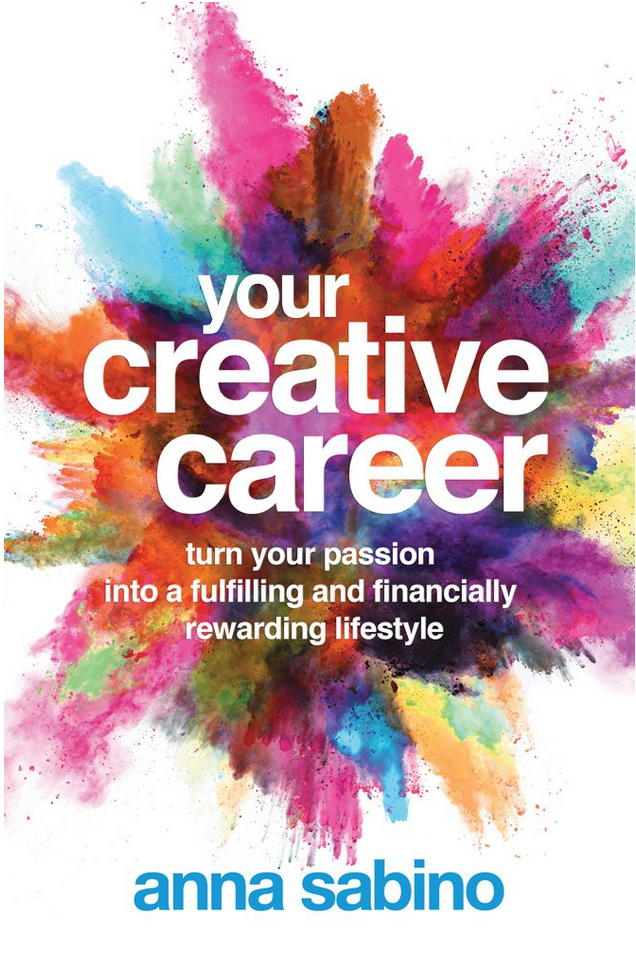 You can have a conversation with Ivanov, explaining to him that working hours are for work, and rely on his decency and responsibility. You can set Ivanov such tasks that would not leave him time for Odnoklassniki. In any case, you must be aware that the leader does not only distribute gingerbread and sets interesting tasks. Sometimes he has to threaten with a whip.
You can have a conversation with Ivanov, explaining to him that working hours are for work, and rely on his decency and responsibility. You can set Ivanov such tasks that would not leave him time for Odnoklassniki. In any case, you must be aware that the leader does not only distribute gingerbread and sets interesting tasks. Sometimes he has to threaten with a whip.
Making unpopular decisions in the interests of the company is something without which it is impossible to achieve a really high position. However, in doing so, you must be guided by the law, simple rules of justice and ethics. Only then will you be known not as a tyrant, but as an adequate leader.
Rule Five: Be proud of what you do
This rule is a direct consequence of our first commandment. Your business should captivate you, make you feel proud of the results - your own and the company as a whole. A young receptionist who confidently declares, “I answer calls, I enjoy talking to people, I am proud to be of service to such a reputable company,” is much more likely to make a career than one who languidly says, “Nothing is better yet.
